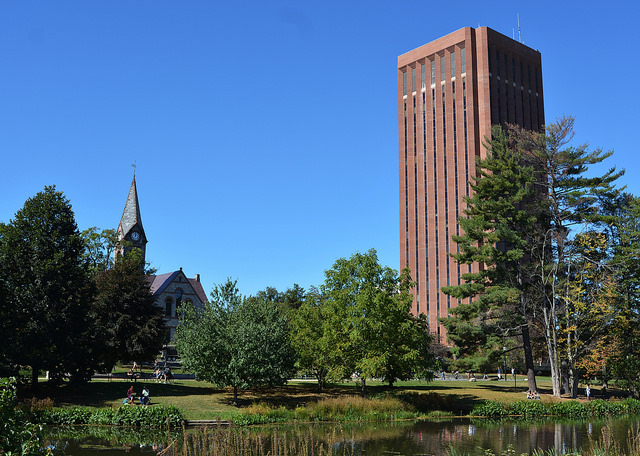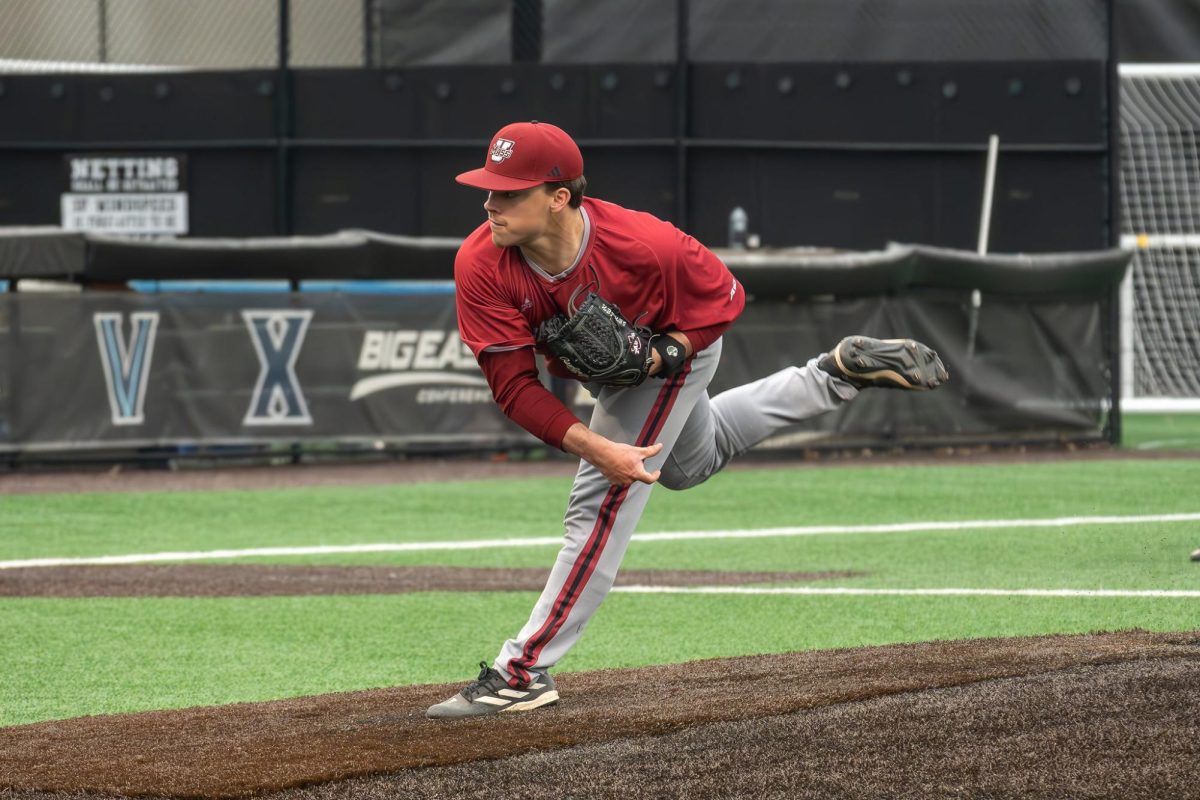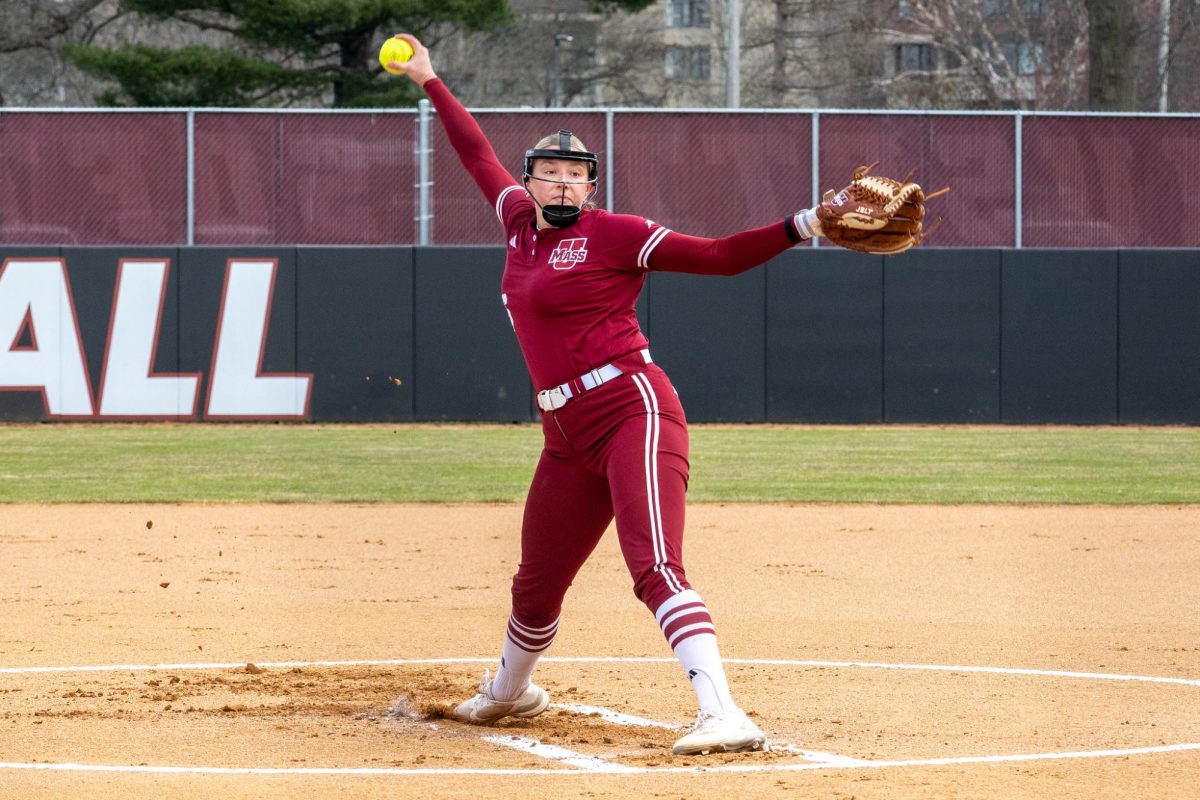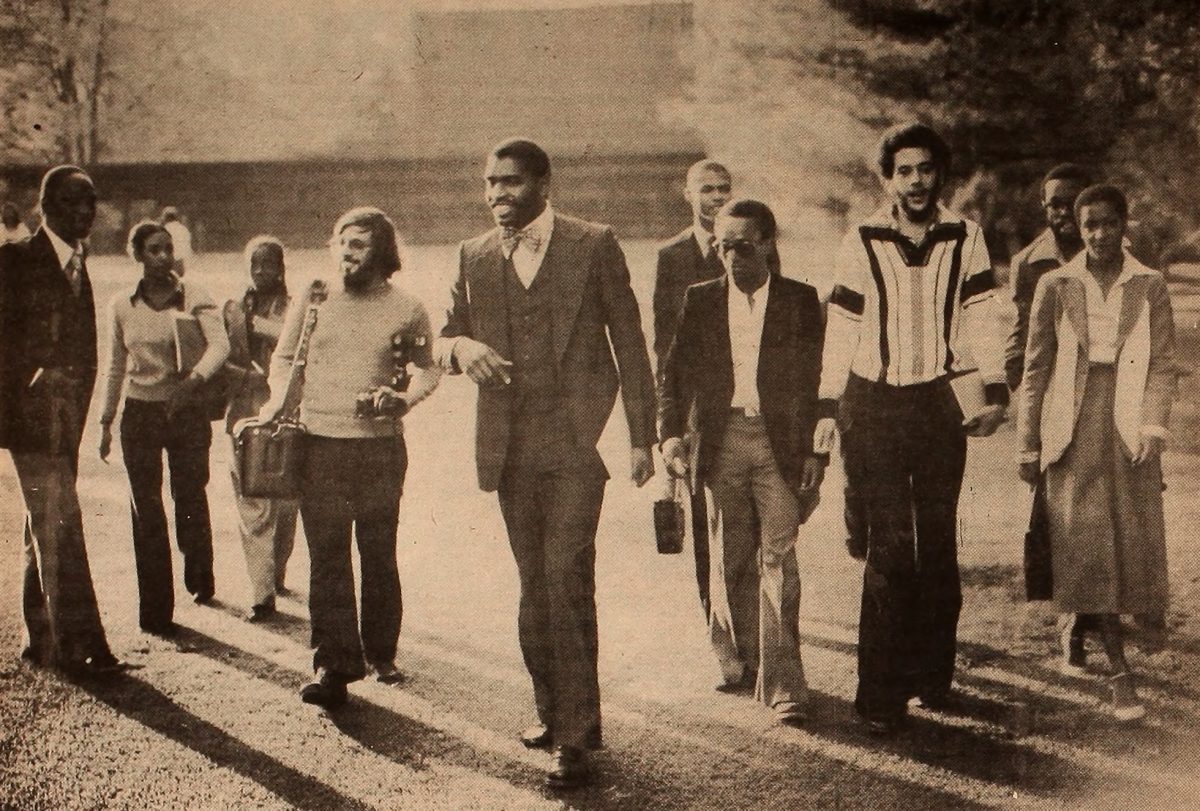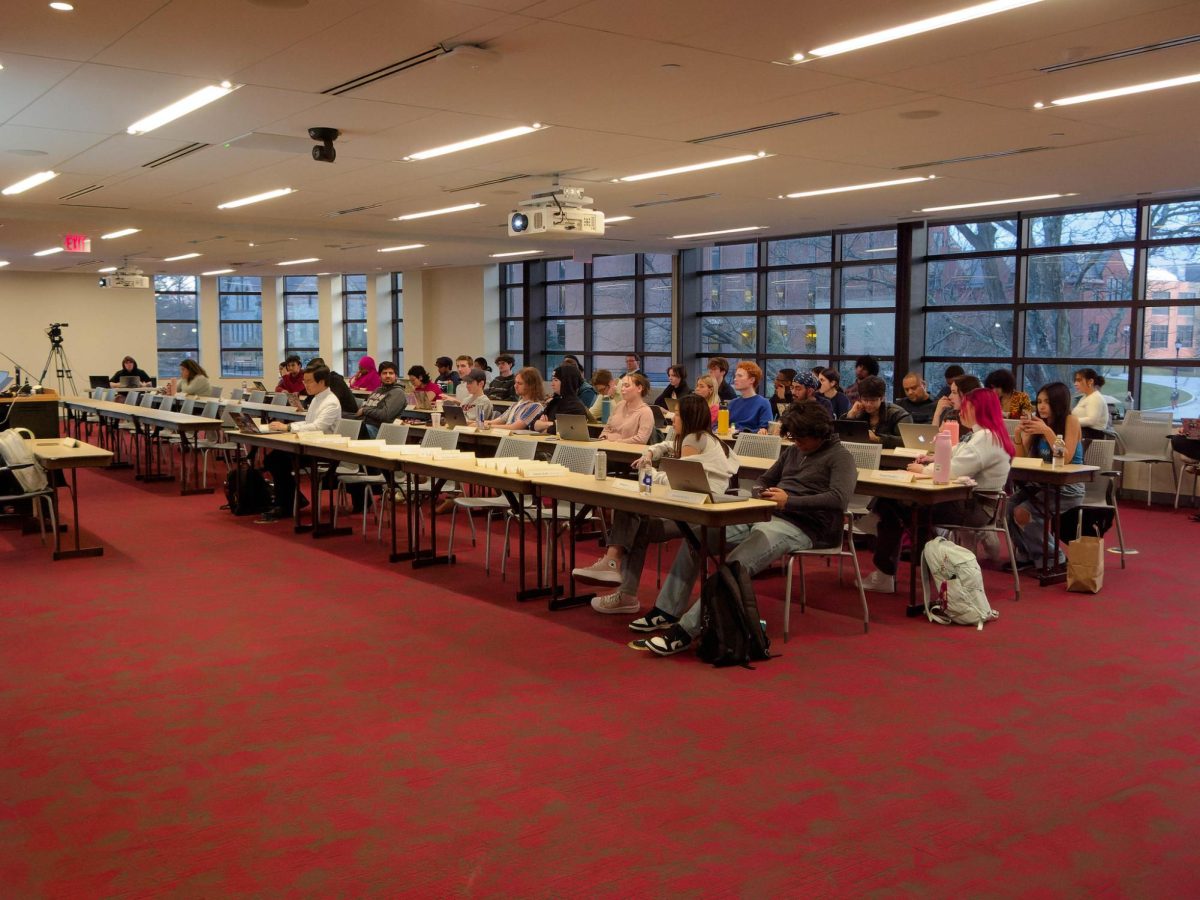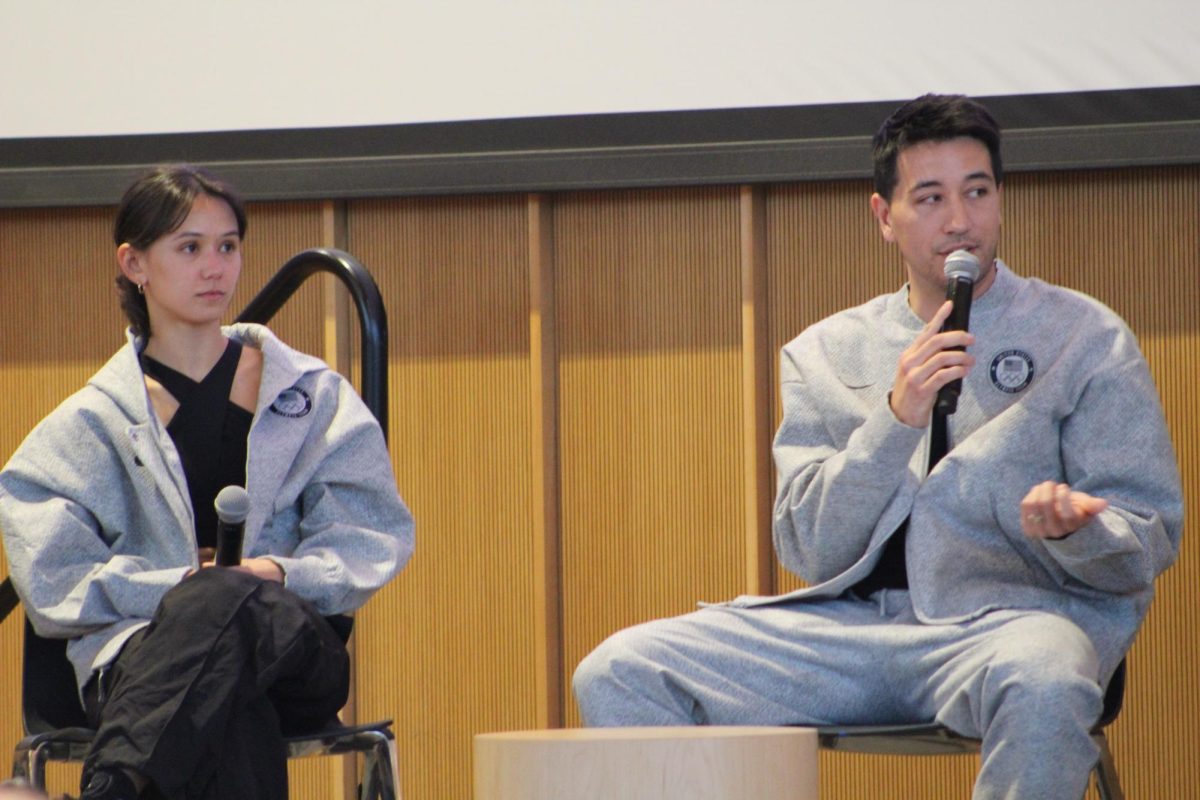To audience members in the University of Massachusetts Design Building, Dr. Clara Irazábal-Zurita introduced the Brazilian state of Sao Paulo, Brazil’s richest and largest state. With an overall population of 44 million inhabitants, more than 20 million people live in Sao Paulo’s metropolitan area alone.
“This is not only the economic engine of Brazil,” she said, “but also the hub of social movement at large – in particular, the housing movement.”
The poor of Brazilian society are pushing to return underused land or buildings, both private and public, to the people for use as housing, according to Irazábal-Zurita. This movement manifests as the “Minha Casa Minha Vida [My House, My Life]” social housing program.
The core constituents of Minha Casa Minha Vida are Brazil’s most vulnerable people, the “precariat,” who are characterized as being unemployed or underemployed and in possession of very little job security. In rural and urban Sao Paulo, and indeed the rest of Brazil, the precariat class carves out a threadbare living. Many are landless if they are rural, and homeless if they are urban. They are often regarded as “sub-citizens” by their fellow Brazilians.
The housing movement results from a desire to restore justice to Brazilians who have suffered from a trend of land-grabbing since its days as a Portuguese colony, according to Irazábal-Zurita. During the 1500s, the Portuguese colonists laid claim to Brazil’s vast tracts of land, institutionalizing their ownership by a privileged few. Land remained concentrated in the hands of the few even after independence, as corporations and contractors from foreign countries replaced the Portuguese gentry. The land was divided among their stakeholders through sales that were, in the words of Irazábal-Zurita, “dealt in a very shady manner, usually behind-closed-door types of deals between government and corporations.”
The acquisition of these resource-rich lands displaced many people and often resulted in environmental damage. Irazábal-Zurita asserted that this is a form of neocolonialism wherein the “economic imperialism of developed and sometimes developing countries” exploits Brazil’s economic circumstances through multinational corporations.
The social and urban housing movements aim to reclaim these lands in a more ecologically friendly and socially responsible manner, she said, as she showed the audience a map of metropolitan Sao Paulo. There were about 20 red dots on the map marking locations–unused land that the Brazilian “roofless,” urban housing movement is interested in reclaiming.
The movement’s constituents are based close to those locations and can be called to occupy those spaces to provide services for when housing projects are being developed.
“This is what it looks like,” Irazábal said.
She switched the image to a colorful tent-city, home to hundreds of roofless precariat. There were dozens of yellow, blue and red canvas structures arranged in a neat manner in an open field. The inhabitants of this reclaimed land call it “Nova Palestina [New Palestine.]” The name was chosen to send a very specific message to the world: to mark it as a home for the homeless.
According to Habitat, a research platform that focuses on unconventional housing phenomena, Vila Nova Palestina, as it is called by its inhabitants, is part of a social movement organized by Movimento dos Trabalhadores Sem-Teto. Translated into English, this means the “homeless workers movement.” Habitat says this movement has already over 8,000 registered families.
As these collective actions demonstrate, Brazil’s precariat is mobilized and politicized; they undertake various forms of activism familiar to Americans, such as marches and behind-the-scenes networking. The land reclamation in Sao Paulo is but a small part of the larger housing movement across Brazil.
“The idea that the extremely poor [in the U.S.] is very ill-served by our housing system is the relevance, the transferability of this” Robert Ryan, chair of the Landscape Architecture and Regional Planning Department at UMass said. “We certainly have a restorative justice movement here. You have people who are homeless in the United States.”
He added, “I think the organization of the way [the housing movement] is operationalized in Brazil would not happen here…People can’t squat on land in the United States, they don’t have constitutional protections for that.”
When asked whether the U.S. needed a large-scale housing movement like in Brazil, Ryan said, “The only way you’re going to get change is through a large-scale movement about the housing crisis in the United States.”
Lara Furtado, a PhD candidate in the Regional Planning Department, was involved in land zoning research in Fortaleza when she was in Brazil.
Furtado believes that the housing issues in Brazil cannot be applied to housing issues in the U.S.
“There’s the main difference, which is that land informality and housing informality in the United States doesn’t have the same shape,” Furtado said. “Even though you may have poor housing, slums in the United States, they don’t look the same as the favelas. Architecturally they’re very different, and in terms of morphology they’re very different.
“That’s a lot due to the availability of materials, the fact that materials are a lot more expensive [in Brazil], the fact that the weather is warmer there so people can live in shacks, while in the U.S., it is more complicated.”
She added, “I think the thing I find most similar between the two countries is that even though Brazil has this idea that housing is a right, and you don’t have that in the United States, we [Brazil] also have an obsession with private property…That’s why the program is called ‘My House My Life.’ Your house gives you legitimacy as a citizen, and I think that that is one of the bad things we’ve inherited from the United States.”
Kyle Lai can be reached at [email protected].

